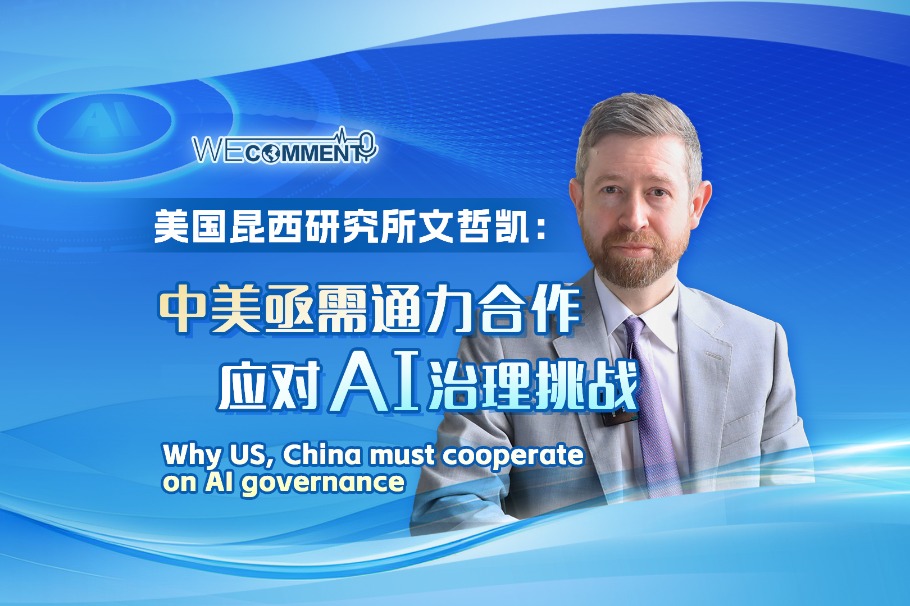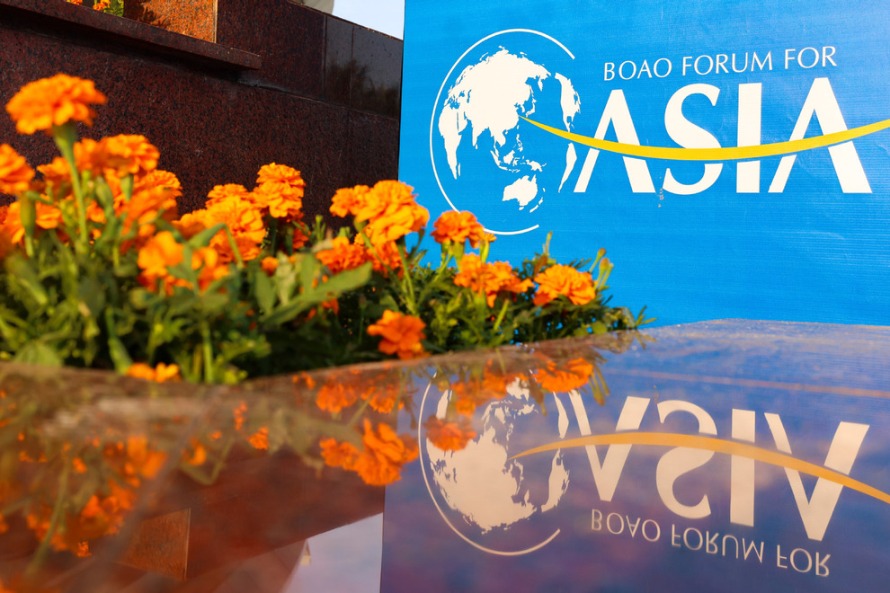Rights declaration as important as 75 years ago
China Daily | Updated: 2023-12-09 08:45

Editor's note: The China Society for Human Rights Studies recently held a seminar to commemorate the 75th anniversary of the Universal Declaration of Human Rights, which falls on Dec 10. Following are excerpts from the speeches three experts delivered on the occasion:
Cultural inclusiveness remains valuable legacy
No other human rights document has had such a profound impact on the development of human society as the Universal Declaration of Human Rights. Although 75 years have passed since then, the role and influence of the declaration have not diminished one bit. It still inspires the international community to work hard to protect and promote human rights.
The declaration has had such an impact, and holds such an important position in society because of its rationality and universality. Its rationality lies in its advocacy of human rights values that meet the requirements of human progress, and its universality lies in its proposal of a universal ideal and pursuit based on basic human morality, and setting global human rights standards beyond any specific culture or civilization. The rationality and universality of the declaration are the result of different civilizations embracing the spirit of inclusiveness.
It is precisely because of the spirit of inclusiveness that the declaration has universal significance. Without the participation of the drafters from different societies and cultures, and without the inclusive coexistence of different cultures and societies, the universal nature of the declaration would not have been possible. The vitality of the declaration lies in its spirit of inclusiveness. This is the most precious legacy of the declaration, which is an eternal source of inspiration.
Although historic achievements have been made in human rights development worldwide over the past 75 years, the goal of ensuring that everyone enjoys human rights and fundamental freedoms is yet to be achieved.
Numerous challenges need to be overcome to safeguard human rights and promote the well-being of all people. The challenges include taking care of the large number of refugees due to regional conflicts, alleviating poverty which has increased because of the widening development gap and the COVID-19 pandemic, preventing the violation of the right to life of ethnic minorities because of racial discrimination, and addressing the problems of unsustainable development caused by climate change and environmental degradation.
Also, some countries still promote the so-called universalist concept of human rights, pursue hegemony on the pretext of protecting human rights, politicize and weaponize human rights, and use human rights as a tool to create divisions and confrontations rather than unifying and deepening cooperation across societies.
China upholds the spirit of inclusiveness irrespective of the differences in civilizations and cultures. It has proposed the concept of building a community with a shared future for mankind, has been advocating the common values of peace, development, fairness, justice, democracy and freedom for all humanity, and has put forward the Global Development Initiative, the Global Security Initiative and the Global Civilization Initiative, and called for the protection of human rights through strengthened security, and promotion of human rights through development and cooperation.
More important, China's ideas, initiatives and propositions have played an important role in promoting global human rights governance and the development of the global human rights cause.
Lu Guangjin, a professor at the School of Law, Jilin University
























